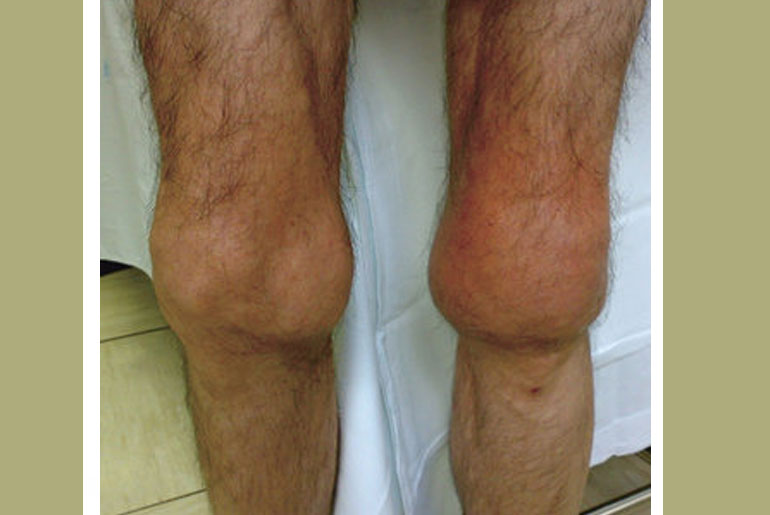Haemophilia, a genetic disorder affecting blood clotting, presents significant challenges due to the heightened risk of spontaneous bleeding, especially in joints, which can lead to severe pain and deformities if not managed properly. For individuals with haemophilia, maintaining a healthy lifestyle is crucial to minimize bleeding episodes and maintain optimal physical health. This includes adhering to a structured regimen that incorporates safe and appropriate physical activity, a balanced diet for overall health and weight management, and strict adherence to prescribed treatments such as clotting factor replacements.
Prophylactic factor replacement therapy is recommended for all individuals with haemophilia to prevent bleeding episodes and reduce the risk of joint damage. Prompt administration of clotting factor replacement during any bleeding episode is essential when prophylaxis is not feasible to prevent complications. An integral part of care involves a supervised exercise program designed by specialists including haematologists, physiotherapists, and occupational therapists. These programs focus on muscle strengthening to maintain joint function and overall physical well-being, emphasizing non-contact sports like swimming, cycling, and tennis to minimize the risk of injury and bleeding.
Patients and their families often face concerns about dental care, particularly avoiding activities like regular brushing due to fear of bleeding gums. Healthcare providers play a crucial role in educating patients about the importance of consistent dental hygiene practices despite these fears. This includes regular brushing and appropriate oral care measures to prevent gum disease and tooth decay, supplemented with vitamin D and calcium to support bone health, which can be compromised due to reduced physical activity or joint bleeds.
By prioritizing these aspects of care and maintaining regular communication with healthcare providers, individuals with haemophilia can effectively manage their condition and reduce the impact of potential complications on their quality of life. A holistic approach that integrates physical health, dental care, and adherence to medical advice empowers individuals with haemophilia to lead active, fulfilling lives while minimizing the risks associated with their condition.
Managing haemophilia involves a comprehensive approach that integrates physical activity, nutrition, joint protection, medical care, mental health support, medication adherence, staying informed about advancements, and developing personalized care plans. Here’s a breakdown of each component:
- Physical Activity: Engaging in low-impact exercises such as swimming, walking, and cycling enhances strength, flexibility, and cardiovascular health without risking joint bleeds. It’s crucial to avoid high-impact activities and use supportive gear to protect joints.
- Balanced Diet: A diet rich in whole grains, lean proteins, fruits, and vegetables supports overall health and helps maintain a healthy body weight. Adequate hydration with water is essential to prevent dehydration, which can affect clotting factors.
- Joint Protection: Avoiding high-impact activities and using protective gear during physical activities is vital to prevent joint injuries. Joint movement exercises recommended by therapists help maintain joint flexibility and health.
- Bleeding Episode Management: Education on recognizing signs of bleeds and administering prompt first aid is crucial. Clotting factor replacement therapy should be administered promptly when needed to manage bleeding episodes effectively.
- Regular Medical Monitoring: Scheduled check-ups with doctors, physical therapists, and hematologists are essential for monitoring joint health, bleeding episodes, and overall well-being. This ensures timely adjustments to treatment plans as needed.
- Mental Health Support: Emphasizing mental and emotional well-being is important. Providing access to counseling or support groups helps individuals and families cope with the challenges of hemophilia.
- Medication Adherence: Strict adherence to prescribed medications, including clotting factor replacement therapy and antithrombotic treatments, helps maintain adequate levels of clotting factors in the blood.
- Staying Informed: Keeping up-to-date with advancements in hemophilia management, such as gene therapy, through discussions with healthcare providers helps evaluate new treatment options and their potential benefits and risks.
- Individualized Care Plan: Developing a personalized care plan in collaboration with healthcare providers considers the unique needs, preferences, and health status of the individual. This tailored approach optimizes health outcomes and improves quality of life.
By adhering to this holistic approach, individuals with hemophilia can effectively manage their condition, minimize the risk of bleeding episodes, and maintain an optimal quality of life. Regular communication and partnership with healthcare providers are essential to ensure comprehensive care and ongoing support.
Disclaimer:
The information contained in this article is for educational and informational purposes only and is not intended as a health advice. We would ask you to consult a qualified professional or medical expert to gain additional knowledge before you choose to consume any product or perform any exercise.







